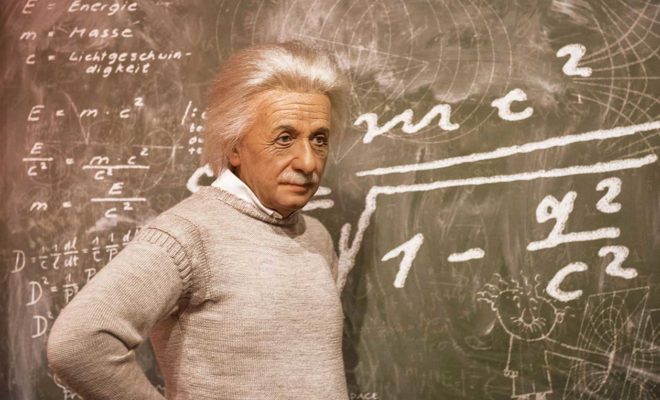Business
World’s Apart

The world’s greatest innovators, such as Thomas Edison, Albert Einstein, Alexander Bell, have made far greater contributions to the human imagination than any billionaire to ever make the Forbes list.
The 2017 Forbes list of the 100 richest Indian billionaires estimated their collective fortune at $325 billion. Another recent ranking, the 2017 India Rich List by Hurun, found that the assets of the 617 richest Indians exceeded $660 billion, which is more than a quarter of India’s gross domestic product in 2016.
Think about that for a second. Just 617 families in India control assets equivalent to a quarter of its GDP and 100 control almost a sixth.
But don’t stop yet.
According to Anas Rahman Junaid, chief researcher of Hurun Report India, “For every one entrepreneur in Hurun India Rich List 2017, we estimate that we missed three.”
That could well mean that the assets of just 3,000 Indian families exceed the entire gross domestic product of the country.
The problem of wealth inequality is of course endemic to the entire world, not just India.
An Oxfam study found that just eight men owned more wealth than the 3.6 billion, who constitute the poorest half of the world, while a Credit Suisse report estimated that the richest 1 percent own nearly half the wealth on the planet.
Nor are the inequities confined to capitalist societies. Indeed, the worst offender is Russia, where the top 1 percent hold almost 75 percent of the wealth.
India has the dubious distinction of having the second highest imbalance in the world, with the richest 1 percent controlling 58 percent of personal wealth.
Even though the pernicious consequences of wealth and income inequalities have long been recognized, and politicians the world rail against the lopsided concentration of national wealth, they are often in cahoots with the ultra-rich to perpetuate the iniquitous system.
As a result, wealth inequality continues to grow. Forty years ago, the top 1 percent controlled one-fifth of global wealth and even at the turn of this century the proportion was one-third.
Today it is close to half and rising.
The economic system should reward innovation, entrepreneurship and hard work. But there is something fundamentally unjust and wrong about a system that concentrates wealth so disproportionately.
The five richest Americans — Bill Gates, Warren Buffet, Jeff Bezos, Mark Zuckerberg, Larry Ellison — are no doubt incredible innovators. But do they need to be rewarded, or are they even on the same scale, as the bottom third of all Americans combined?
Do the rewards have to come at the cost of human dignity of the rest of the planet, where billions starve or live in inhumane conditions, just so the richest 1,000 can be financially incentivized to be creative?
Surely, we can devise a system to generously reward creativity, innovation and entrepreneurship that is not so open-ended as to lock up a quarter to a half of the world’s wealth.
After all, Thomas Edison, who invented the light bulb, Alexander Graham Bell, who invented the telephone, Albert Einstein, who revolutionized physics, Galileo Galilei, who ushered in the scientific revolution, all made far greater contributions to the human imagination and societal progress than any billionaire to ever make the Forbes list.

You must be logged in to post a comment Login